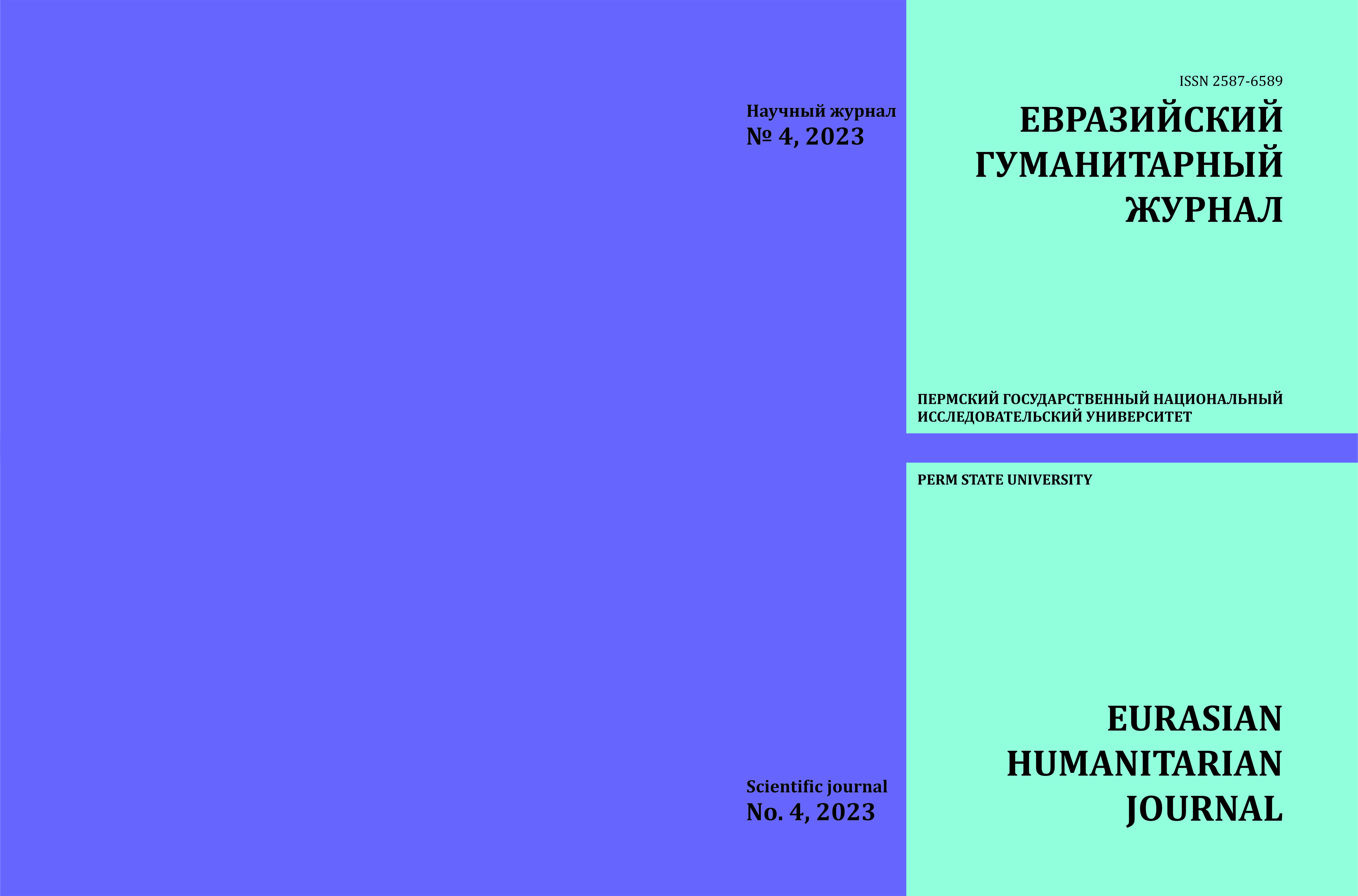EXPERIMENTAL TEACHING TO EXAMINE THE EFFECTIVENESS OF THE ELABORATED SYSTEM OF EXERCISES FOR THE FORMATION OF PRAGMALINGUISTIC COMPETENCE
Keywords:
language, pragmalinguistic competence, discursive markers, experiment, foreign language, EnglishAbstract
Currently, the main objective of teaching a foreign language is to develop students’ ability for intercultural communication. A foreign language teacher’s goal is not just to teach the student certain language knowledge and develop speech skills and abilities, but to develop in him the ability to apply the acquired knowledge to solve a linguistic situational problem, in other words, to develop communicative competence. Pragmalinguistic competence, which is the ability to use utterances in accordance with the speaker’s communicative intention and the situational conditions of speech, is one of the key components of communicative competence. In this article, the authors focus on the stages of formation and development of pragmalinguistic competence through teaching English based on the pragmatic potential of discourse markers. The topic is actual because these units may have several different or similar functions that are implemented either simultaneously or separately in different contexts. This fact can lead to the wrong using of such units, an inconvenient situation and even problems during communicating in a foreign language. Thus, in foreign language lessons it is necessary to develop the skills of correctly using discourse markers in both oral and written speech of students. This article is shown the progress and analyzed the results of experimental teaching in order to examine the effectiveness of the elaborated system of exercises for the development of pragmalinguistic competence in English lessons for the 6th grade students of a secondary school.Downloads
Published
2024-04-12
Issue
Section
ЛИНГВОДИДАКТИКА

